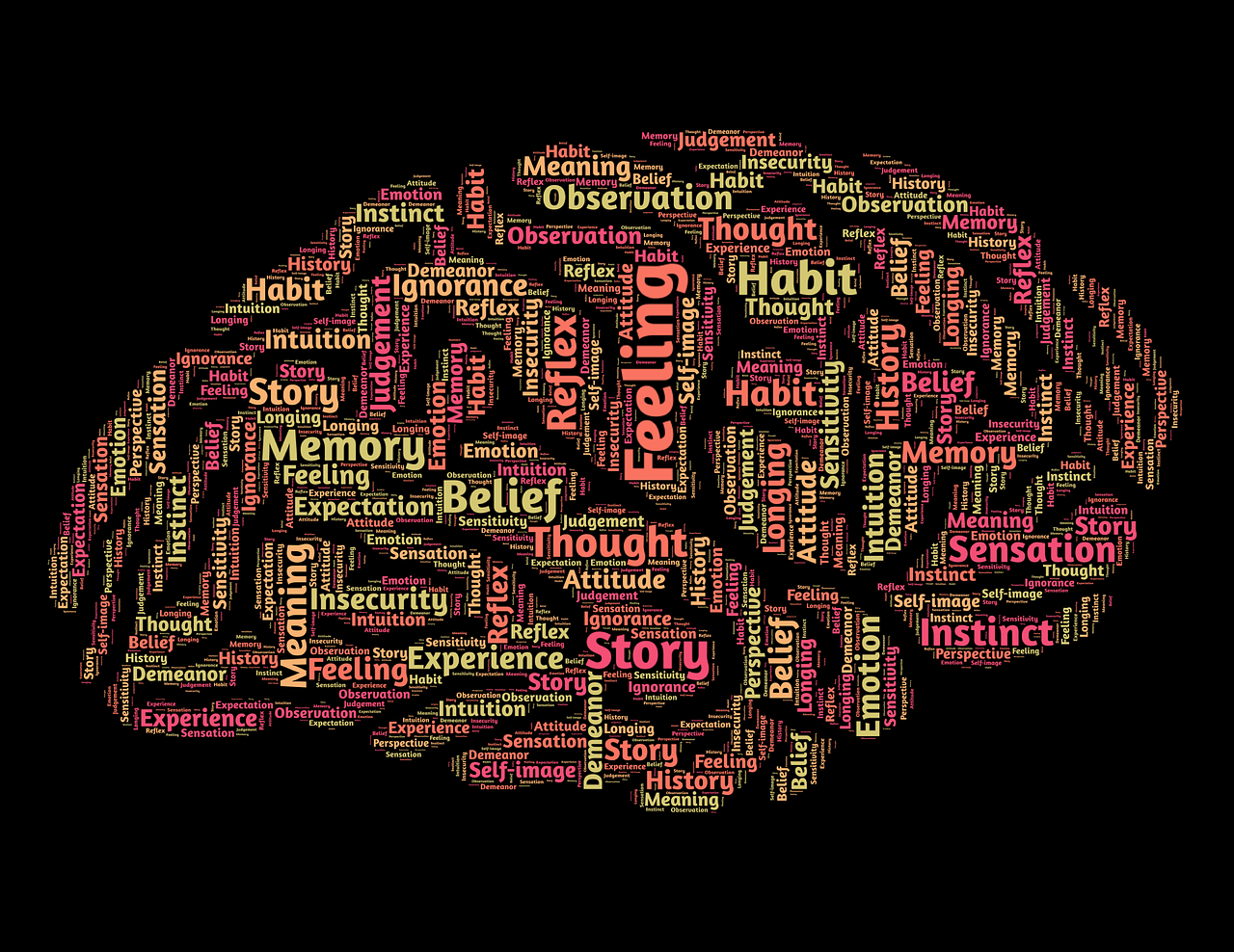Entrepreneurship is a demanding journey that blends ambition with discipline and resilience. While many focus on groundbreaking ideas or market conditions as the prime factors for success, it is the consistent daily habits that entrepreneurs cultivate which form the backbone of lasting achievement. In a world where distractions are abundant and the pace of change relentless, entrepreneurs who intentionally shape their everyday routines gain a powerful edge. From early rising to strategic planning, these habits not only enhance productivity but also strengthen decision-making, manage stress, and foster innovation. This article examines the essential daily practices that successful business leaders swear by, drawing insight from over a hundred entrepreneurs and integrating research from respected sources like Harvard Business Review and TED talks. Understanding and embedding these habits can help aspiring and established entrepreneurs alike craft sustainable ventures with a positive impact.
Building a Productive Morning Routine to Kickstart Entrepreneurial Success
The foundation of a successful entrepreneurial day often lies in a structured morning routine. Many top executives and founders, such as Richard Branson and Tim Cook, start their days before sunrise, leveraging early hours to gain uninterrupted focus. This habit isn’t just about waking up early; it’s about using the morning intentionally to set a tone for productivity and mental clarity.
Entrepreneurs who adopt disciplined morning routines typically engage in activities such as reading, light exercise, meditation, and detailed planning. For example, Warren Buffett famously dedicates approximately 80% of his day to reading, which fuels continuous learning and informed decision-making. This practice stimulates creativity and broadens perspective, which is crucial in today’s rapidly evolving markets. Moreover, engaging in light exercise first thing in the morning—whether it be a brisk 15-minute walk or a more vigorous workout, as recommended by health leaders at Nike—has been proven to enhance cognitive function and boost energy for sustained focus throughout the day.
Further enhancing productivity, entrepreneurs often avoid immediately diving into emails upon waking, preferring instead to engage with content that inspires and educates, such as the Morning Brew newsletter or TED talk videos, which deliver concise insights and motivation. Meditation apps like Headspace have also become a staple in many morning routines to help clear the mind and reduce biochemical stress markers.
Maintaining a morning checklist through tools like Evernote or Google Calendar helps entrepreneurs maintain task discipline and momentum. By breaking down daunting workloads into manageable daily chunks, entrepreneurs align their routine with their long-term objectives.
- Wake up early and avoid rushing into emails
- Dedicate time for reading and learning
- Incorporate physical activity to boost brain function
- Practice meditation for mindfulness and stress relief
- Plan the day with goal-setting and scheduling tools like Google Calendar

Establishing Clear Goals and Consistent Planning to Sustain Momentum
Goal setting is an indispensable habit that separates thriving entrepreneurs from those who struggle to meet objectives. According to research conducted by Dominican University, individuals who write down their goals are 42% more likely to achieve them, underscoring the importance of clear, actionable planning. Entrepreneurs adopt the SMART framework — ensuring goals are Specific, Measurable, Achievable, Relevant, and Time-bound — as a cornerstone habit for progress.
Implementing daily and weekly goal reviews allows entrepreneurs to stay aligned with their strategic vision. Elon Musk’s method of “5-minute scheduling” exemplifies extreme precision in time management, maximizing productivity and focus on priority tasks. Breaking larger targets into bite-sized assignments fosters a sense of achievement and keeps motivation high throughout demanding stretches.
Routine planning habitually includes preparing for the upcoming day every evening. Entrepreneurs like Peter Schoeman advocate for creating tomorrow’s to-do list “today,” allowing the mind to rest assured knowing details are accounted for. This approach not only mitigates morning decision fatigue but enhances overall efficiency by envisioning the day’s flow in advance.
Utilizing digital solutions like Slack for team collaboration and Google Calendar for time-blocking sharpens execution while ensuring communication and deadlines remain transparent across stakeholders. Leveraging platforms such as LinkedIn can broaden opportunities by systematically integrating networking into weekly planning.
| Goal Setting Elements | Benefits | Recommended Tools |
|---|---|---|
| Specific and Measurable | Clear targets and progress tracking | Evernote, Google Calendar |
| Achievable and Relevant | Maintains motivation and ensures focus | Trello, Slack |
| Time-bound | Keeps deadlines and momentum | Google Calendar, Pomodoro timers |
- Write down goals and break them into daily tasks
- Review and adjust goals periodically
- Plan the next day each evening to reduce stress
- Use tools like Slack and LinkedIn to optimize communication and networking
- Incorporate time management techniques like time-blocking
The Power of Lifelong Learning and Curated Information Intake for Entrepreneurs
In a landscape marked by rapid technological advances and market disruptions, continuous learning is a habit that cannot be ignored. Industry leaders like Mark Cuban have shown that dedicating hours each day to reading and absorbing information is critical; Cuban spends over three hours daily on books, articles, and webinars to stay ahead.
Successful entrepreneurs adopt a strategic approach to learning, balancing industry-specific insights with broader knowledge in economics, psychology, and leadership. Platforms such as Coursera provide flexible access to courses that update skills and introduce new business paradigms, supporting growth in an ever-changing environment.
Integrating content from trusted sources like Harvard Business Review and specialized newsletters such as Morning Brew enriches decision-making frameworks. Combining these with podcasts and video content from TED speakers adds fresh perspectives and innovative ideas.
Entrepreneurs also curate what information they consume, filtering out noise to avoid burnout and information overload. This deliberate intake supports creativity and problem-solving, especially under pressure when quick pivots are necessary, a reality explored in depth in resources like this article on resilient entrepreneurial mindsets.
- Allocate dedicated time daily to reading and learning
- Leverage online learning platforms like Coursera
- Follow reliable industry news via Harvard Business Review and Morning Brew
- Incorporate video talks from TED for inspiration and edge
- Filter information intake to prioritize relevance and authenticity

Maintaining Mental and Physical Wellness to Sustain Entrepreneurial Drive
Entrepreneurship is taxing, demanding both mental resilience and physical vitality. Prioritizing health has become a hallmark of sustainable success. Research shows regular exercise boosts productivity by 21%, while meditation—widely advocated by leaders such as Jack Dorsey—enhances focus and alleviates stress, proven by studies published in the Journal of Cognitive Enhancement.
Routine physical activity, whether morning jogs, yoga, or quick desk exercises, enhances creative thinking and energy levels. Nike, a global symbol of fitness and innovation, recommends integrating movement into daily routines to maintain endurance and mental alertness throughout hectic periods.
Mental wellness practices like daily meditation or journaling improve emotional intelligence, enabling entrepreneurs to better navigate the inevitable volatility of business. Journaling, embraced by many entrepreneurs, helps track progress, clarify thoughts, and cultivate gratitude, which decreases burnout and fosters long-term vision.
Moreover, setting limits on screen time and incorporating intentional digital detox periods combats the negative mental health effects linked with excessive connectivity—a benefit affirmed by studies on social media impact. Entrepreneurs like Malte Scholz dedicate offline hours daily, focusing on family and analog experiences to recharge their minds.
- Engage in daily exercise to boost brain and physical health
- Practice meditation for mindfulness and stress management
- Use journaling to foster clarity and emotional awareness
- Schedule regular technology breaks to prevent burnout
- Adopt sleep hygiene habits for optimal rest and recovery
| Wellness Habit | Positive Impact | Recommended Practices |
|---|---|---|
| Exercise | Improves cognition, memory, and energy | Walking, yoga, desk stretches |
| Meditation | Reduces stress, increases focus | Guided sessions via Headspace |
| Journaling | Enhances mental clarity and goal tracking | Daily writing and reflection |

Pacing Yourself and Embracing Resilience for Sustainable Entrepreneurial Growth
In the marathon that is entrepreneurship, pacing oneself effectively distinguishes those who endure and thrive from those who burn out prematurely. Time management, prioritization, and resilience are key. Jay Bregman, CEO of Thimble, advocates for focusing ruthlessly on critical tasks rather than attempting to do everything simultaneously.
Successful entrepreneurs establish routines that balance intense work periods with purposeful rest. They adopt tools such as Google Calendar for blocking time and Evernote for tracking progress, enabling sharp focus during work hours and clarity about next steps. These tools integrate seamlessly with collaboration platforms like Slack to create workflows that maximize efficiency and team synergy.
Moreover, building resilience is not just about handling setbacks but anticipating them. Entrepreneurs benefit from developing a mindset refined through resources that stress adaptive thinking and persistence, such as the frameworks discussed in this analysis of entrepreneurial mindset resilience. Recognizing failure as a learning tool rather than a defeat reshapes how challenges are handled.
To protect mental stamina, entrepreneurs schedule deliberate downtime, unplugging from devices to reconnect with life beyond work. This habit not only refreshes creativity but mitigates the risk of depression linked to excessive digital consumption.
- Prioritize and execute high-impact tasks first
- Use time-blocking and task management tools effectively
- Build resilience through mindset cultivation and learning
- Schedule regular breaks and digital detox sessions
- Embrace failure as an opportunity to adapt and grow
10 Daily Habits for Long-Term Entrepreneurial Success
How can I develop a morning routine suitable for my busy entrepreneurial schedule?
Start small by waking 15 minutes earlier each week to introduce one productive habit at a time, such as meditation or reading industry news via Morning Brew. Use Google Calendar to block out this dedicated time and keep it consistent. Avoid checking emails first thing to protect your mental space for creative and strategic activities.
What are the best tools to help manage my entrepreneurial goals and tasks?
Applications like Evernote for note-taking, Google Calendar for scheduling, and Slack for team communications are widely used by entrepreneurs to streamline workflows. Incorporating these tools with habit trackers and time management methods, such as the Pomodoro Technique, can further enhance productivity.
How important is mental health in entrepreneurship?
Mental health is critical; the pressures of entrepreneurship can be overwhelming. Practices like meditation, journaling, and intentional digital detoxes supported by apps like Headspace help reduce stress and maintain focus, enabling entrepreneurs to make better decisions and sustain energy.
Can setting goals really improve entrepreneurial success?
Absolutely. Written and clearly defined goals create a roadmap that guides daily actions and long-term strategies. Entrepreneurs who follow structured goal-setting methodologies report higher achievement rates, making it essential to integrate goal planning into daily routines.
How can entrepreneurs stay resilient during times of failure or stress?
Resilience develops through mindset cultivation, learning from setbacks, and pacing work to avoid burnout. Resources on entrepreneurial mindset resilience can offer strategies to transform failure into growth. Ensuring downtime and maintaining supportive networks also bolster emotional strength.


